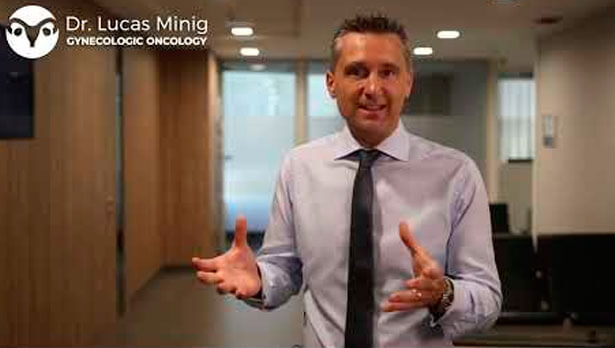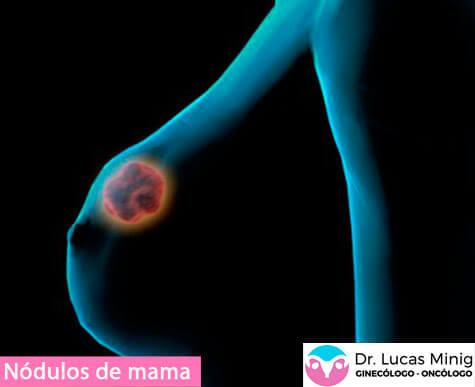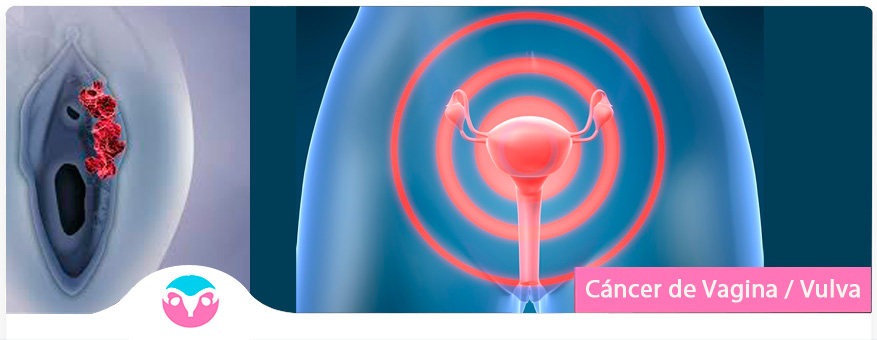
Treatment Options For Vulva & Vaginal Cancers
Request a quick appointment with the specialist in vaginal and vulvar cancer, Dr. Lucas Minig, an expert Gynecologist Oncologist in this type of cancer that is very common in women.
Appointment: Click to Request an Appointment for ovarian cancer in Spain.
Contact: +34 679 112 179
What are vaginal and vulvar cancer?
Cancer is a disease in which certain cells in the body grow out of control. The vulva represents the external part of the female genital organs, while the vagina is the organ that connects the uterus with the vulva.
Prevention
Are there tests to detect early cancer of the vagina and vulva?
There are no effective methods of prevention or early diagnosis of vaginal and vulvar cancer. In the annual visit to the gynecologist, injuries can be detected during the physical examination that could alert the professional to investigate and reach a definitive diagnosis.
It is important to remember that cytology is not useful for the early detection of vaginal-vulvar cancer. Its function is to detect pre-malignant lesions of the uterine cervix or cervical cancer in its very early stages.
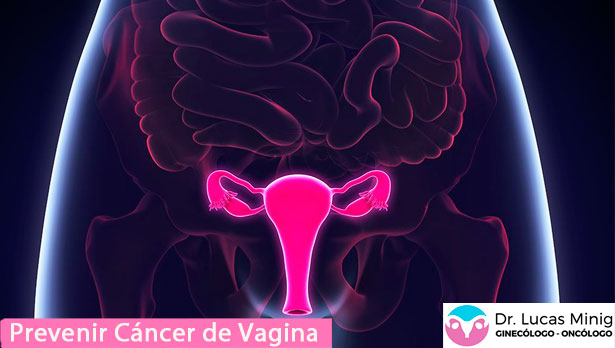
What are the risk factors for the development of vaginal and vulvar cancer?
Although it is difficult to find a specific cause of cervical cancer. These are some of the main factors that could increase the risk of suffering from it:
The chances of acquiring HPV are increased with:
- The beginning of sexual relations at an early age
- Multiple sexual partners
Other risk factors include:
- Smoking: tobacco is a strong systemic and local immunosuppressant. Its effect is further enhanced if the woman has confirmed the presence of some type of HPV in her blood.
- Having had pre-malignant lesions on the cervix.
- Immunosuppression: HIV (the virus that causes AIDS), diabetes.
The fact of having any of the aforementioned risk factors does not mean that the woman will have vaginal-vulvar cancer in the future, only that it is necessary to discuss it with her gynecologist.
What do I have to do to prevent vaginal and vulvar cancer?
- HPV vaccine: Most vaginal and vulvar cancers are caused by a sexually transmitted virus, the HPV virus. There is currently a vaccine that protects against the most common subtypes of the virus.
- Prevent risk factors for contracting the HPV virus.
- No Smoking.
Diagnosis:
As there are no effective forms of early detection for both types of tumors, the most important thing that the patient can do is go to the gynecologist in the presence of any of the following symptoms:
Symptoms of vaginal cancer:
Symptoms of vulvar cancer:
Vaginal and vulvar exam
If the gynecologist detects any suspicious lesion, he will carry out a physical examination, including a speculoscopy and, if he considers it necessary, he will also carry out a biopsy.
- Speculoscopy: visualization of the vagina and the uterine cervix by placing a speculum.
- Vulvoscopy: It is a procedure that consists of visualizing the skin of the vulva magnified with a high-definition microscope. This technique is performed in the same consultation without causing discomfort or pain.
- Biopsy: it is performed in the same consultation with local anesthesia.
Diagnosis of disease extension:
Computed axial tomography (CAT)

Is routinely performed prior to any cancer treatment to determine the extent of the disease outside the affected organ: lymph nodes, abdominal organs, or the chest cavity. Usually performed with oral and intravenous contrast.
Magnetic resonance imaging (MRI)
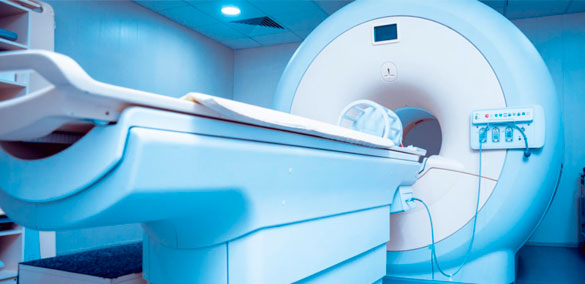
Is a useful complementary study for the diagnosis of the local extension of the disease.
Treatment of Vulva and Vagina Cancer:
The final decision of the best treatment for a particular case is based on the following factors:
- The size of the tumor
- The extent of the disease
- Your overall health status
- Your preferences
Surgical treatment of vaginal cancer
Surgical treatment is usually the first therapeutic step to treat vaginal and vulvar cancer, which may include any of the following procedures:
Partial vulvectomy
Consists of the removal of the tumor surrounded by 1 cm of healthy tissue.
Radical vulvectomy
Means the removal of the entire vulva and is performed in cases of locally extended tumors.
Inguinal lymphadenectomy
Consists of the removal of all the nodes of the inguinal region.
Sentinel node detection
Consists of injecting a marker (technetium 99) in the region of the tumor that serves to identify the sentinel node in the inguinal region where the tumor would migrate, at the time of surgery. Said node (although there may be 2 or 3) is identified, extracted, and analyzed at the same time by specialized pathologists. If malignant cells are identified, removal of all inguinal nodes is performed.
After surgery, pathologists will carefully review the submitted material to obtain a final diagnosis and determine the true extent of the disease. Next, all the best postoperative therapeutic option is made taking into account a series of factors that include:
Gynecology Consultation
If you want to resolve some doubts related to vaginal cancer, you may be interested in a consultation with a specialist in Gynecology.
Click on the button to make an appointment.
The decision may be simply observation and follow-up, or may rarely include radiotherapy and/or chemotherapy on a case-by-case basis.
Follow up:
The oncological follow-up period begins after the initial cancer treatment. Its main objective is to detect early a possible recurrence of the disease.
Beyond adopting the most effective follow-up standards, we also pay special attention and interest in maintaining and increasing the level of quality of life of our patients and achieving a rapid and effective re-insertion into daily life as before the diagnosis of their cancer.
Request a Second Medical Opinion
Frequently Asked Questions About Vaginal and Vulvar Cancer
How to know if vaginal cancer is advanced?
Symptoms of advanced vaginal cancer may include: Painful urination. Constipation. Pain in the pelvis or lower abdomen.
What if I have vaginal cancer?
As it progresses, vaginal cancer can cause signs and symptoms such as: Unusual vaginal bleeding, for example, after intercourse or after menopause. Watery vaginal discharge. A lump or mass in the vagina
Opinions patients with Cancer of the vagina and vulva
Doctor Lucas Minig Specialist in Cancer of the vagina and vulva in Valencia, Spain
WE WORK FOR YOUR HEALTH

SPECIALIZED TREATMENTS

CONTROL AND DIAGNOSIS

MAXIMUM TECHNOLOGY

Private consultation with the specialist in Vaginal and Vulva Cancer in Valencia, Spain.
Leave us your data and consultation to offer you personalized medical advice
International Consultation
If you want remote medical care, you can consult
through the following links:
International Appointment
Online Consultation
Whatsapp: + 34 679 112 179

